It was a few years ago… I had an aching feeling in my mind that something wasn’t right. The gnawing sensation in the back of my mind that I didn’t feel happy.
I felt hopeless and anxious and my confidence was at an all time low.
I said to myself, “I’ve been doing everything right. I’ve been journaling, taking down-time to recharge, meditating and practicing yoga a few times a week. What am I missing? Why do I still feel this way?”
I already had the answer because I’ve done it before, but for some reason it was escaping me when I was in this state of mind.
The one thing that would help me get out of this was the furthest thing from my mind because I was afraid.
And I was afraid of even admitting that I was afraid. Talk about a double whammy.
What was I missing?

What Avoiding Your Anxiety Does To You
I’m not even talking about taking action and actually doing something that helps you face your anxiety.
I’m talking about the missing link that most people are so afraid to admit that it prevents them from ever feeling better.
People naturally dislike experiencing difficult emotions. I’m sure you don’t like feeling sad or anxious. I’d bet that you hate when somebody does something to trigger your anger.
And there’s a reason for this.
Your emotions are signals. They are a guidepost that help you make decisions. When you feel afraid or anxious, your mind is telling you “something is wrong!” When you feel angry, your mind is telling you, “get out or get even.”
Yes, these are helpful signals… but they aren’t pleasant.
Those difficult emotions are so unpleasant that you will try to do things to avoid experiencing them. Those acts of avoiding emotions, known as unhealthy coping skills can give you urges to use drugs and alcohol 🍷 buy yourself those new shoes 👠 and binge eat that rocky road ice cream in your fridge. 🍨
(I think we can all admit we’ve been there…)
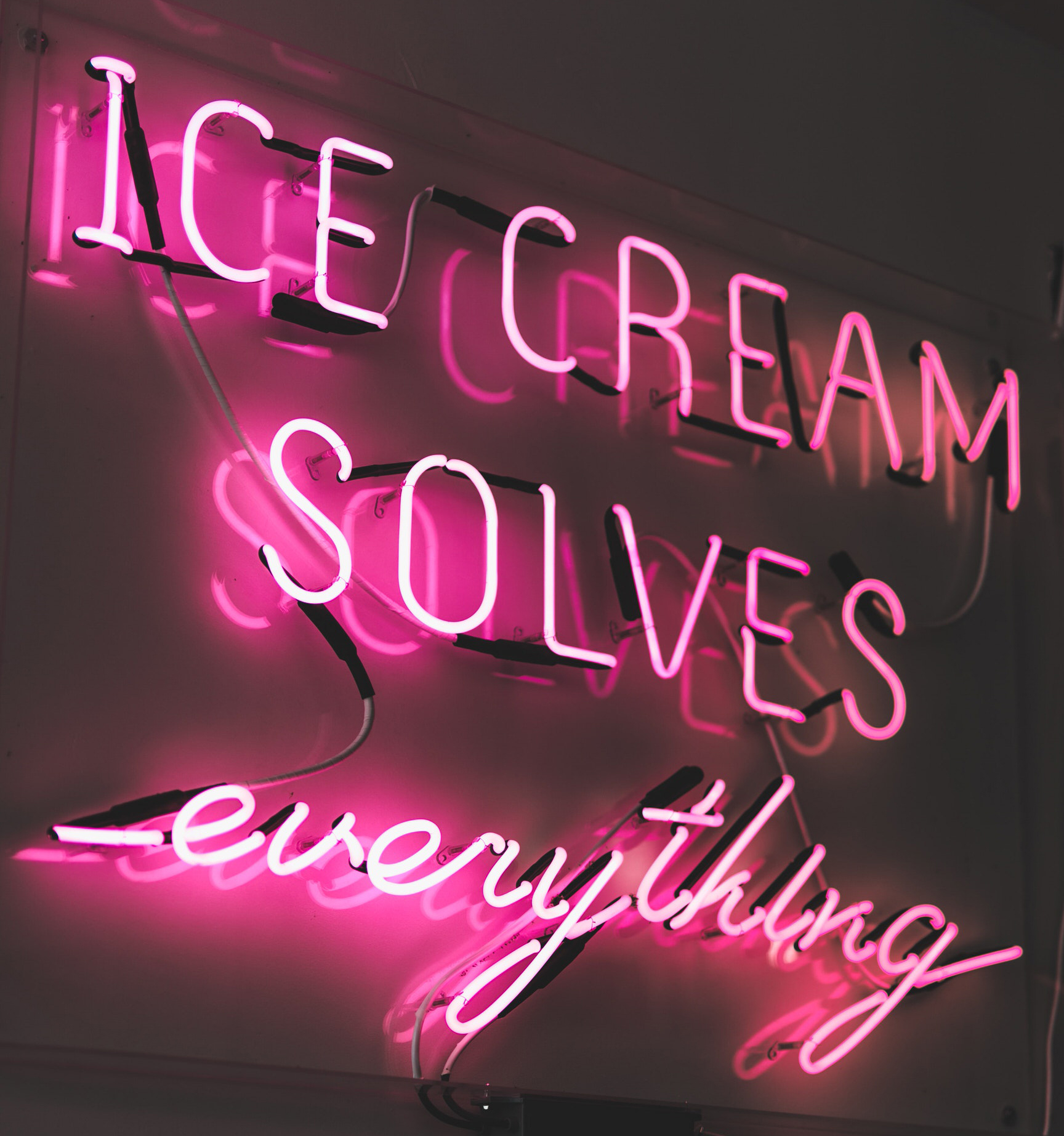
What Happens When You Avoid Your Anxiety
I get it, those spoonfuls of rocky road ice cream are so rich and delicious that it can be hard to resist. And it feels so much better than being anxious.
And the big problem is: you aren’t even conscious that you are avoiding your anxiety.
You’re probably thinking to yourself: “I’m overthinking, and worrying all the time… how can I be avoiding this anxiety when it’s always in my face?”
But if you get in the habit of instant gratification: taking a drag from your cigarette or binge-watching your favorite show, you are ignoring this alarm sounding off in your mind.
You snooze the alarm and push the message away and say, “I’ll get to you later.” Again, and again, and again. “Next time, I promise I’ll pay attention to you.” Like the neglected books in the back of your bookshelf, your anxiety sits in the back of your mind. Sitting in wait… and not going anywhere.
Because that’s just it, your emotions don’t dissipate. They don’t magically go away after a while. They sit in wait and they stay there until you are ready to give them the attention they deserve.
The only thing your anxiety wants is your attention. It wants you to notice that you are afraid. You need to acknowledge your anxiety, otherwise it will continue sitting on that shelf, collecting dust in the back of your mind, and influencing your moods and decisions without you even realizing it.
Say to yourself silently: “I am afraid, and that’s okay.”
The Next Step To Reducing Your Anxiety
Take the next step towards facing your anxiety and fill out my targeted journal prompts to help you get to the root of your anxiety.
Opening your eyes and your mind is the first step.
Free Masterclass
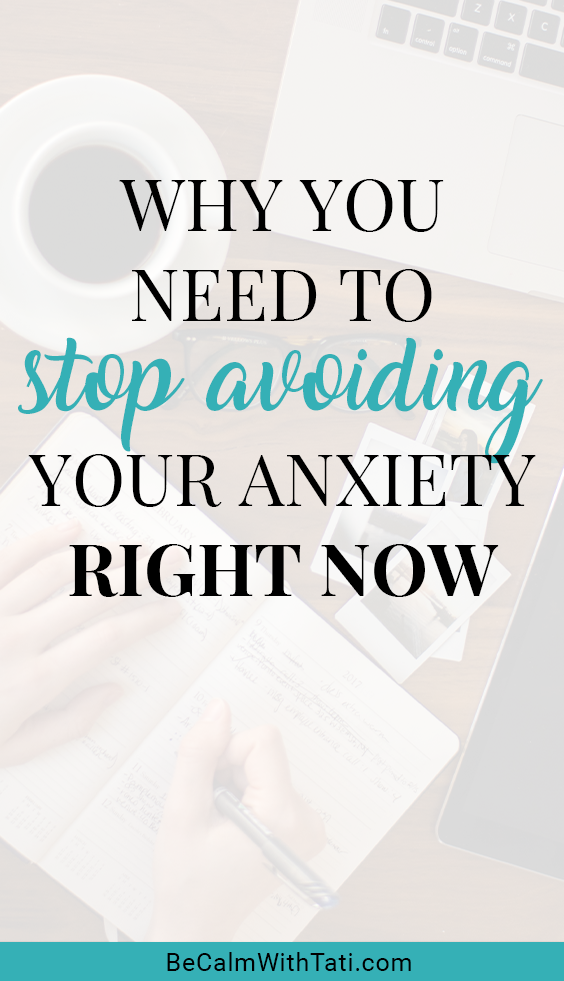
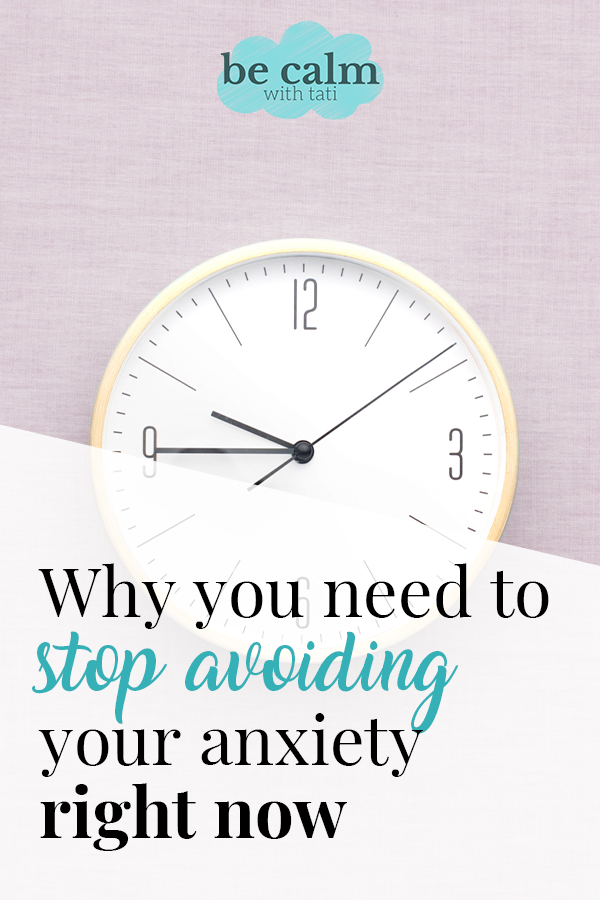




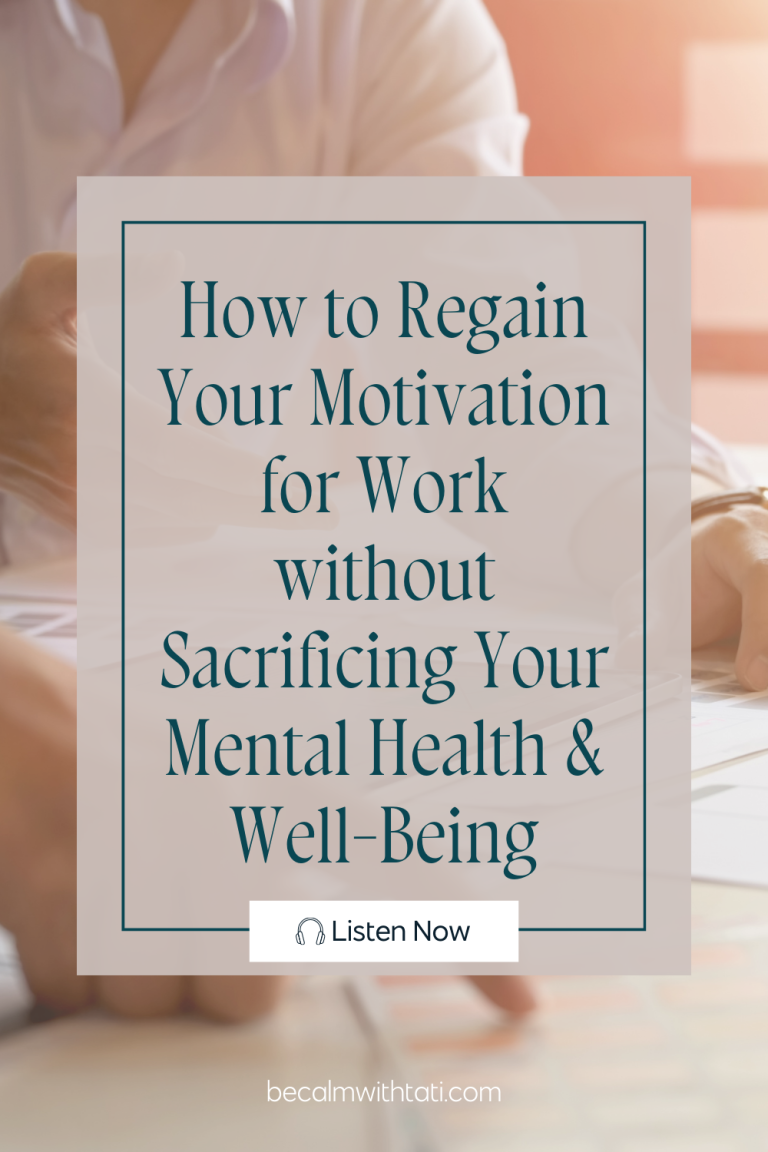

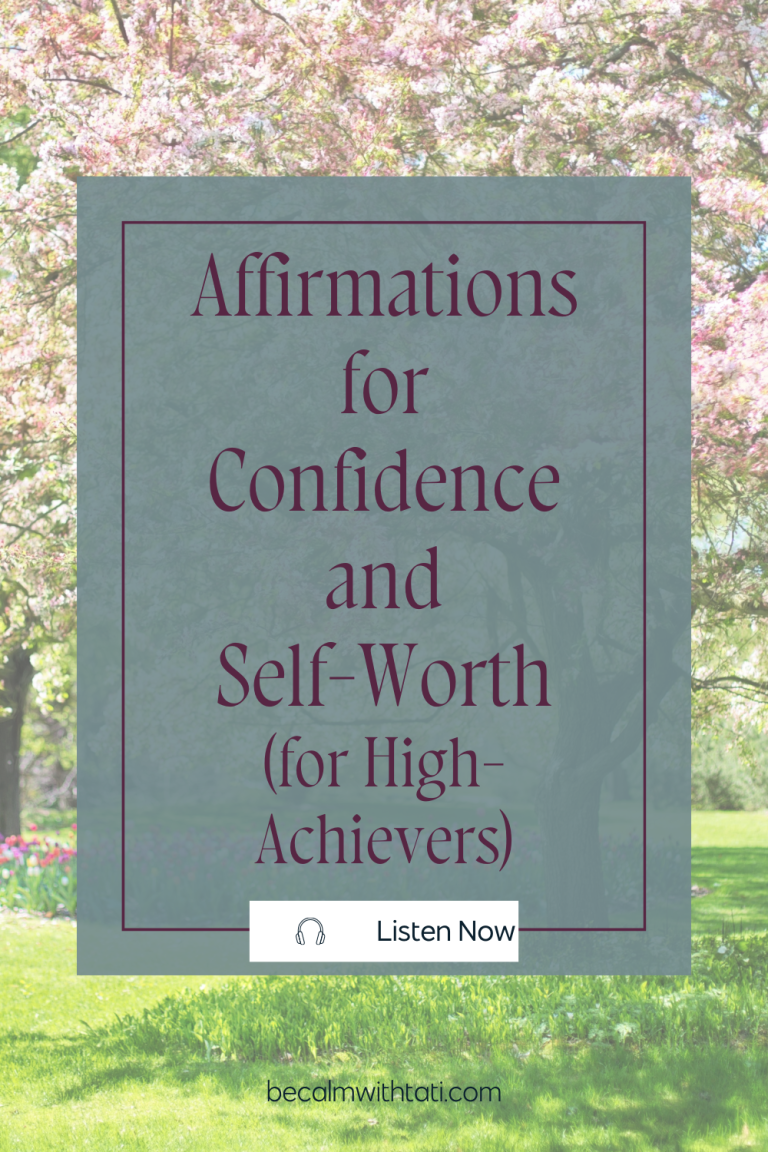
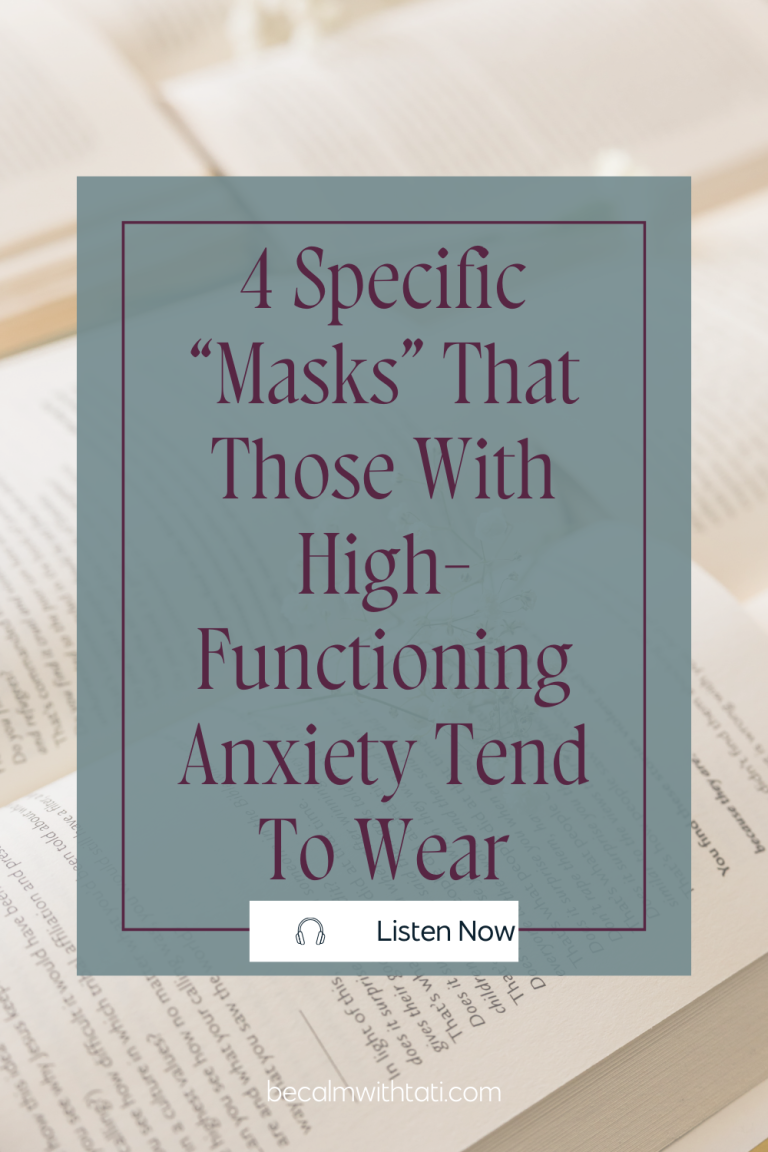






2 Comments
Great post! This is so true. I’ve noticed this too. When I sit with my anxiety and allow myself to feel it, it dissipates quickly. But when I try to avoid it or force it to the back, it lingers like an undertow that never settles. You’ve nailed such an important truth about emotions here. 😊💜
Thanks so much, Rose! I’m glad you can resonate with my post. Anxiety is definitely tricky in that regard, and I love how you described it as an undertow- this is such a great description!